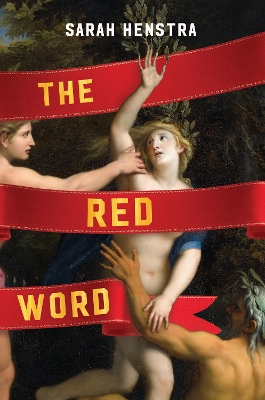Reviewed by kalventure on
This is one of the most nuanced and beautifully complex novels tackling gender politics that I have read. Artfully written, I felt like I was an unseen spectator of the events that unfolded as Karen begins to unpack layers of institutionalized sexism and misogyny.
The novel navigates between the present day and fifteen years in the past when the main character Karen was attending an Ivy League university in the 1990s. During her sophomore year, she moves into a new house with a group of feminists while at the same time embarking on a new relationship with a boy that has pledged at a frat house notorious for its subjugation and inbred misogyny of women. She tries to reconcile what her friends believe of the fraternity system as a whole with what she witnesses firsthand, with how she is treated versus how women as a whole are treated. After all, she is "blue" and therefore "off limits."
Consequence, and those at fault being actually held accountable for their actions, are themes that the four women struggle with while they try to navigate a world stacked against them and improve it for the benefit of all. Do the ends justify the means?
"Society sets up these rules and regulations to so-called protect women, but at the same time, everyone kind of expects a woman to be violated at any moment. If she gets raped, or killed, or beaten or whatever, then okay, a rule has been broken, but it's seen as kind of a natural order for that to happen because she's... permeable"
I found the "present" writing a bit choppy, and the navigation between timeframes at times was jarring to read. For me, I think the novel would have served better without the present day narration as it does not really enhance the story (and at times it detracts from it) - it merely sets up the story for remembering the past.
Solid 4.5 stars
Reading updates
- Started reading
- 2 January, 2018: Finished reading
- 2 January, 2018: Reviewed
